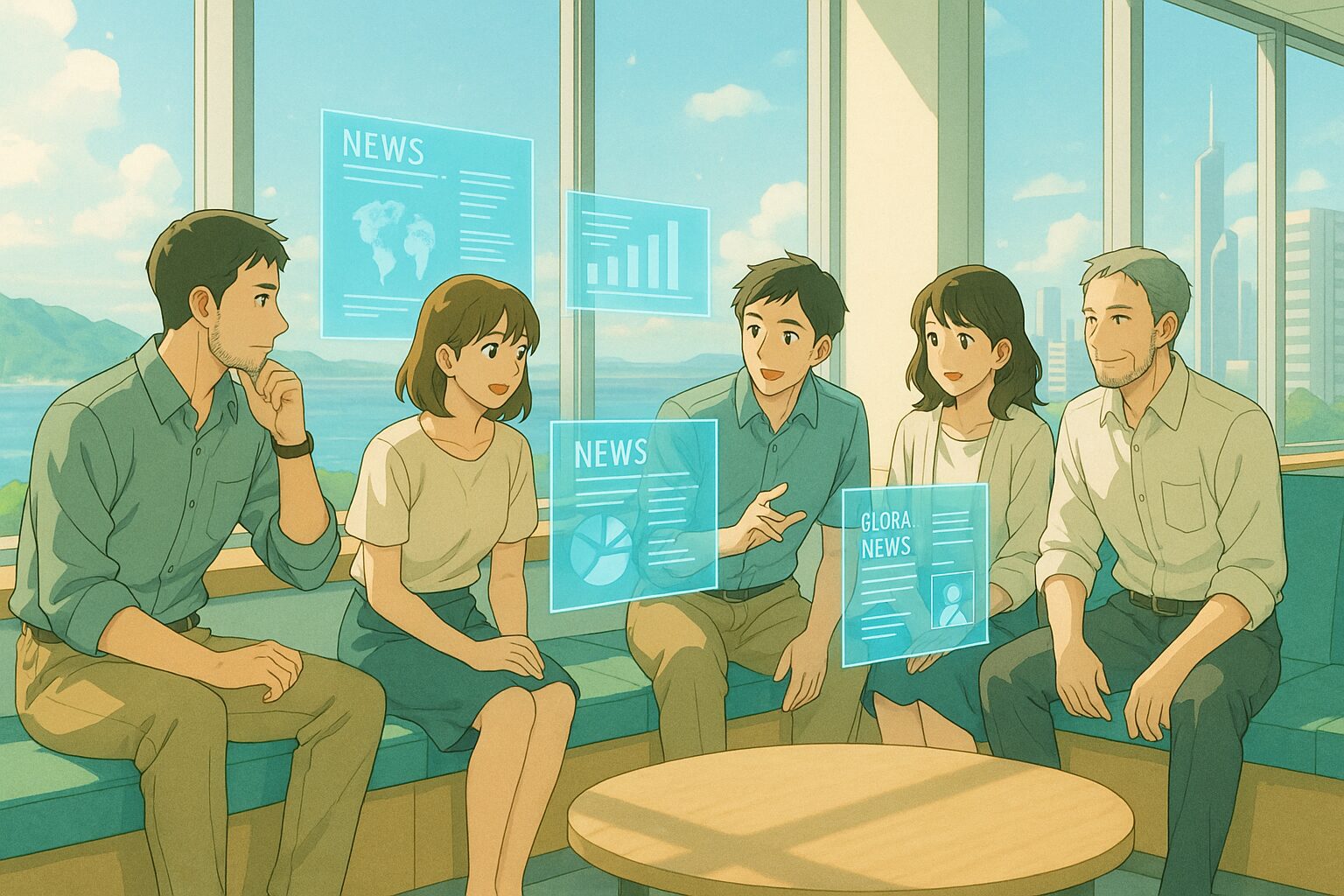What Future Will Cybersecurity Protect Our Daily Lives?
Just as the Internet has significantly changed our lives, how will the evolution of cybersecurity shape our future? Recent news depicts a future by 2040 where self-repairing networks and global defense systems enhance security in the digital world. If this trend continues, how will our digital lives change?
1. Today’s News
Source:
Guardians of digital lives: Human Heart of cybersecurity innovation
Summary:
- Self-repairing networks are expected to become widespread by 2040.
- A global defense system will protect the digital world.
- Governance and cooperation support these technological innovations.
2. Considering the Background
As digital technology evolves, the threat of cyber attacks is increasing. In response, nations and companies are striving to strengthen infrastructure, but not only technology; legal systems and international cooperation also play essential roles. It directly impacts our daily lives, affecting the safety of online shopping and digital banking, for example. Why is this issue being prioritized now? It is because as we increasingly depend on digital life, a foundation is necessary to enjoy technology with peace of mind.
3. What Will the Future Look Like?
Hypothesis 1 (Neutral): A Future Where Self-Repairing Networks Are the Norm
Directly, the technology that automatically repairs networks even when they are attacked and minimizes problems will become standardized. This will allow daily digital activities to proceed more smoothly. However, there is also the potential for excessive dependency on technology. It will be an era where the extent of human intervention alongside securing safety will be questioned.
Hypothesis 2 (Optimistic): A Future Where Global Cyber Defense Systems Develop Significantly
By countries around the world cooperating to build a unified defense system, responses to cyber attacks will become swift and effective. This will enhance the reliability of cross-border digital business and economic growth is anticipated. People will be able to use digital services more securely than ever before and will fully enjoy the benefits of technology.
Hypothesis 3 (Pessimistic): A Future Where Personal Privacy Is Lost
While security enhancement progresses, surveillance systems will also tighten, increasing the risk of personal privacy infringement. As digital data is tracked with more detail, awareness of privacy may diminish, potentially forming a society where personal information is more controlled. Here, the critical issue is how to ensure security while protecting privacy.
4. Tips for Us
Thought Process Tips
- Reassess excessive reliance on digital technology.
- Consider the balance between privacy and security.
Small Practical Tips
- Make it a habit to regularly update security software.
- Be cautious when sharing information on social media.
5. What Would You Do?
- How do you evaluate global security cooperation?
- Do you think it is possible to balance privacy and security?
- How will you protect your digital life?
What kind of future have you envisioned? Please let us know through social media quotes and comments.









